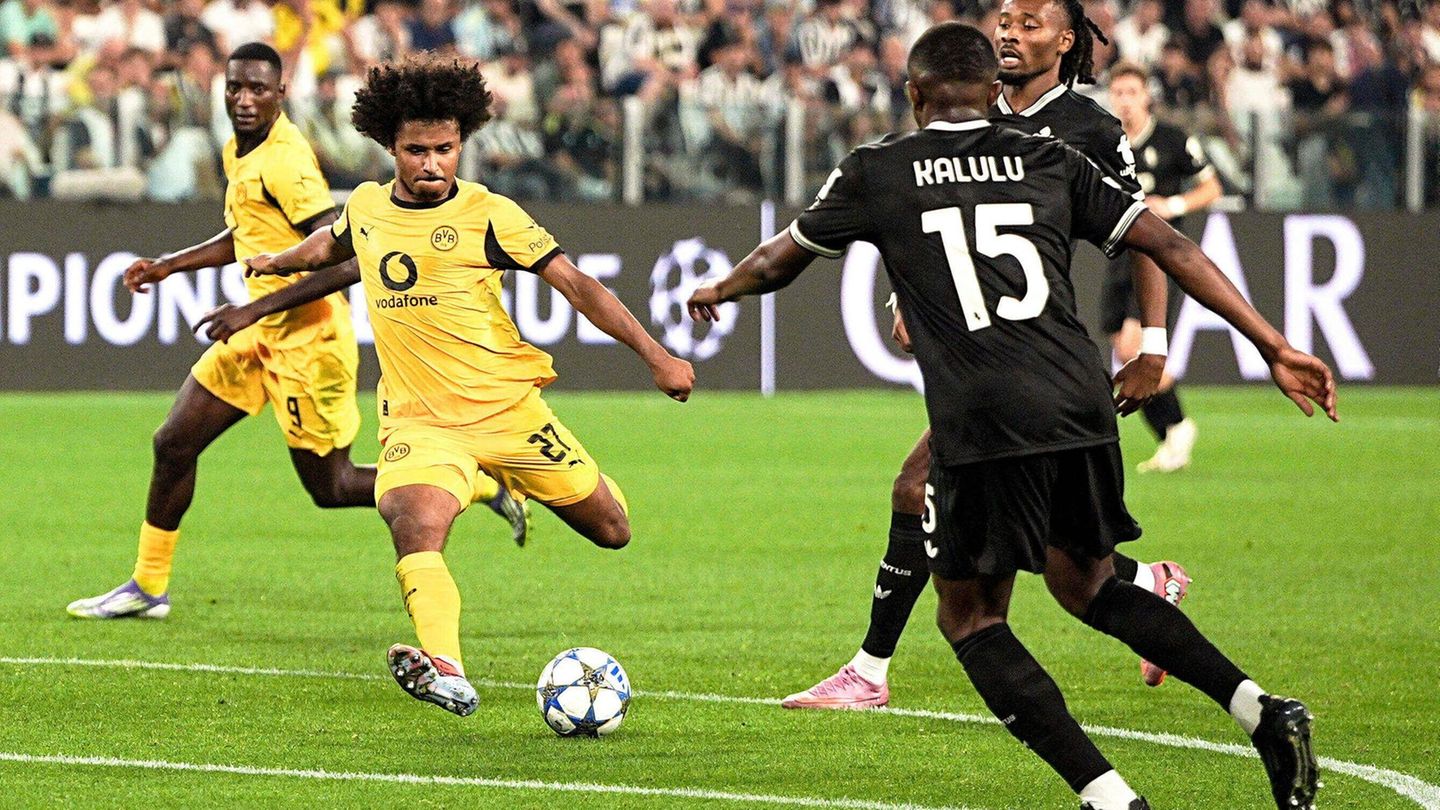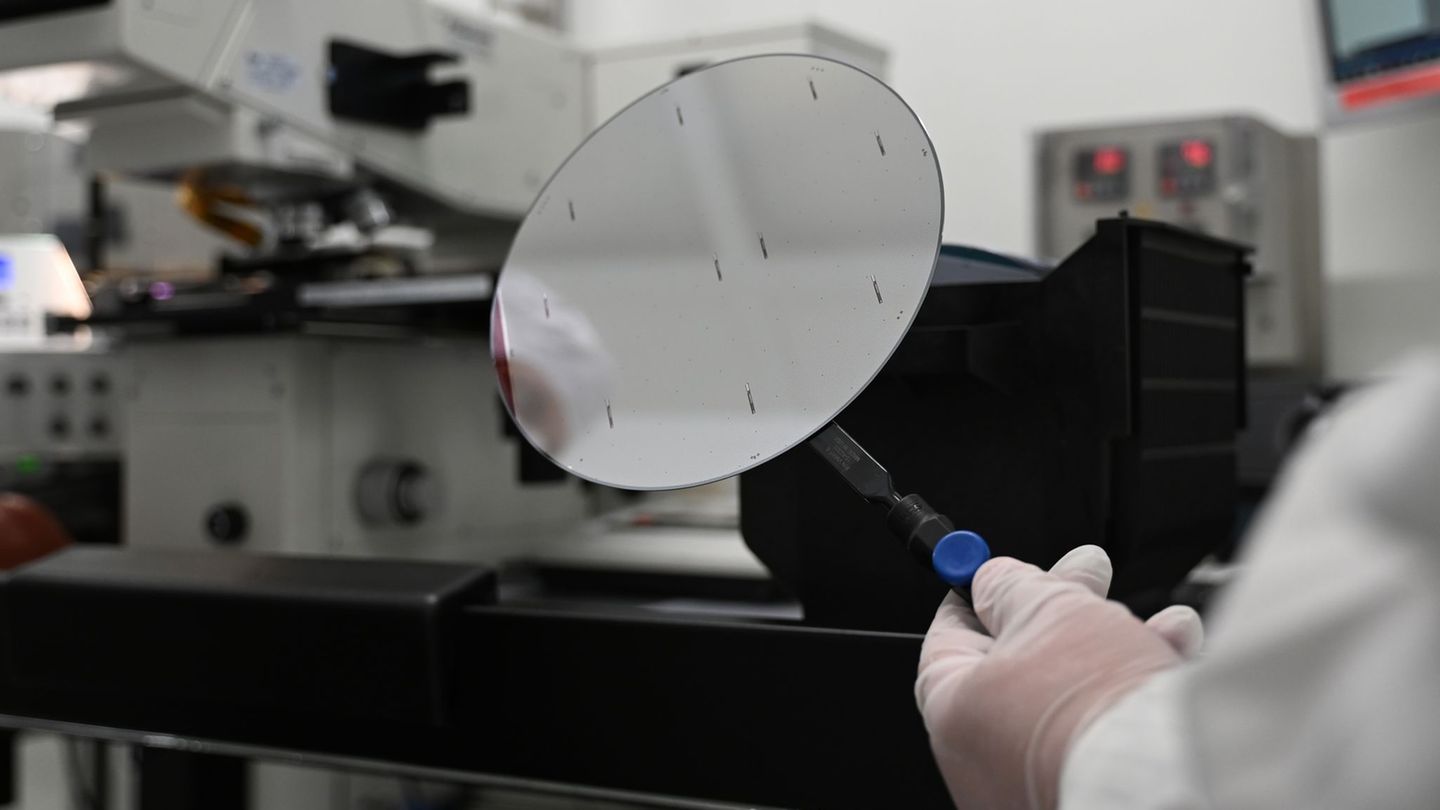Review the current forms of friendship and love in the midst of the indications of a next world collapse, has placed the Catalan writer Pol Guasch with “Napalm in the heart” and “In the hands paradise burns” (Anagrama), works that came to present as a guest and prominent participant at the International Book Fair of Buenos Aires (Filba), which ended last Sunday. Guasch He is today the key protagonist of the new literature of Spain. We dialogue with him.
Pol Guasch: It is a novel about the limits, on the finals. Not on the end of the world but of the world lived by Rita and Liton, the protagonists. The world that languishes is the one that told him how it was and would. It is the end of the world of nature, of the landscapes, of the known, to which other extinctions, other finals, that of the family, in them youth are added, at the beginning of another vital phase.
Q.: They are surrounded by extinctions: ruptures, fires, the coal mine that is exhausted, the disease, the old ones who comment on what is disappearing …
PG: Given that feeling of extinction, thirsty for something that lasts, the desire to create something that remains arises. Rita’s friendship and Liton part of an infinity desire, to build something permanent, definitive. That illusion meets the reality that the other is another and not a fusion with one. And the impetus that has joined them can be transformed into boredom, tiredness, unease.
Q.: Faced with the shortness of love passion is the attachment of friendship?
PG: The idea of duration that is projected on friendship is false. We only talk about the friendships that endured, often illusory. When a friend disappears at the time we forget it, a love is not. We lack words for friendship duels, when friends disappear we erase them from memory. In the novel Rita and Liton separate, each one makes their lives. I wanted to portray how they were thought when they were separated. Rita cannot tell her duel when she stopped seeing a friend. No one listens to you when you lose a friend. It happens to Rita and Liton when they stop seeing. I wanted to portray that tension. Showing that the friendship duel hurts and socially has no words, space to be able to express.
Q.: Are young today between fatalism, fanaticism and indifference?
PG: Those are the dangers. In the novel I wanted to show other ways of being and relating. Given the despair and the possibility of becoming disaffected or violent, they choose the option of desire. They do not fall into cynicism. They believe that you want and be together, take care of things, even if they will end, make sense, even if living is increasingly difficult. It is said that my novel is dystopian and it is also a song to live in another way the collapse in which Trump, Putin, Netanyahu, Milei, have installed us. In that sense the novel is more utopian than dystopian.
Q.: What is the use of fiction in times of post -truth?
PG: To point out that there is an alternative language to that of post -truth, algorithm, to artificial intelligence, to the disaffected, simple, totalitarian, maniqueo, perverse, agonistic language. To the hatred that generates enemies. The deception. The language of fiction is open, contradictory, complex, deep, accepts the differences. Use fiction to become critical, discover the truth. The world widens, allows you to live other possible worlds, other realities, other lives.
Q.: Is the “new narrative” against the canon?
PG: There is a desire to tell things otherwise, something that has always existed. Many canon works in his time challenged the canon. It is important that a novel when writing has the ambition, even naif, if different because of that goes the literature.
Q.: His novel startles the reader in each chapter. How did he get to that?
PG: When a chapter began, I didn’t know what point of view it would have. My desire was to go thoroughly with what I narrated. When I concentrate on the story I seek to fall in love with her, to discover her and enjoy writing her. Getting off the plot, registering the voices, telling things without counting them. That then implies a tremendous editing work.
Q.: Your first novel was successful How did it happen very soon to the second?
PG: When “Napalm in the heart” won the free prize I was already in the creative process of “” in the hands Paradise burns “, that did not see me affected by the noise of the first Scripture status, searches for the same narrative process.
Q.: Are stages of speculation about love and desire?
PG: It is the intention of showing that desire is never simple. After consuming stories of desire, love, simple, clear, here love mixes with the need, desire with indifference, passion with selfishness. Doing things differently faces the failure of not knowing how to do them. The desire does not work as totalitarian as they have told us, everything is magnificently more complex to how they have told us most of the time.
Q.: He just said that his novels can be read as a diptych, they will finally be a triptych about friendship and variants of love. What are you writing now?
PG: I am working on something very different that has some almost rehearsal, which is not exactly a fiction novel. I saw it as something absolutely different but when I gave what I write to my editor, he told me that it is a book that illuminates the previous ones, which gives keys to the sense of the whole.
Source: Ambito
I am an author and journalist who has worked in the entertainment industry for over a decade. I currently work as a news editor at a major news website, and my focus is on covering the latest trends in entertainment. I also write occasional pieces for other outlets, and have authored two books about the entertainment industry.




